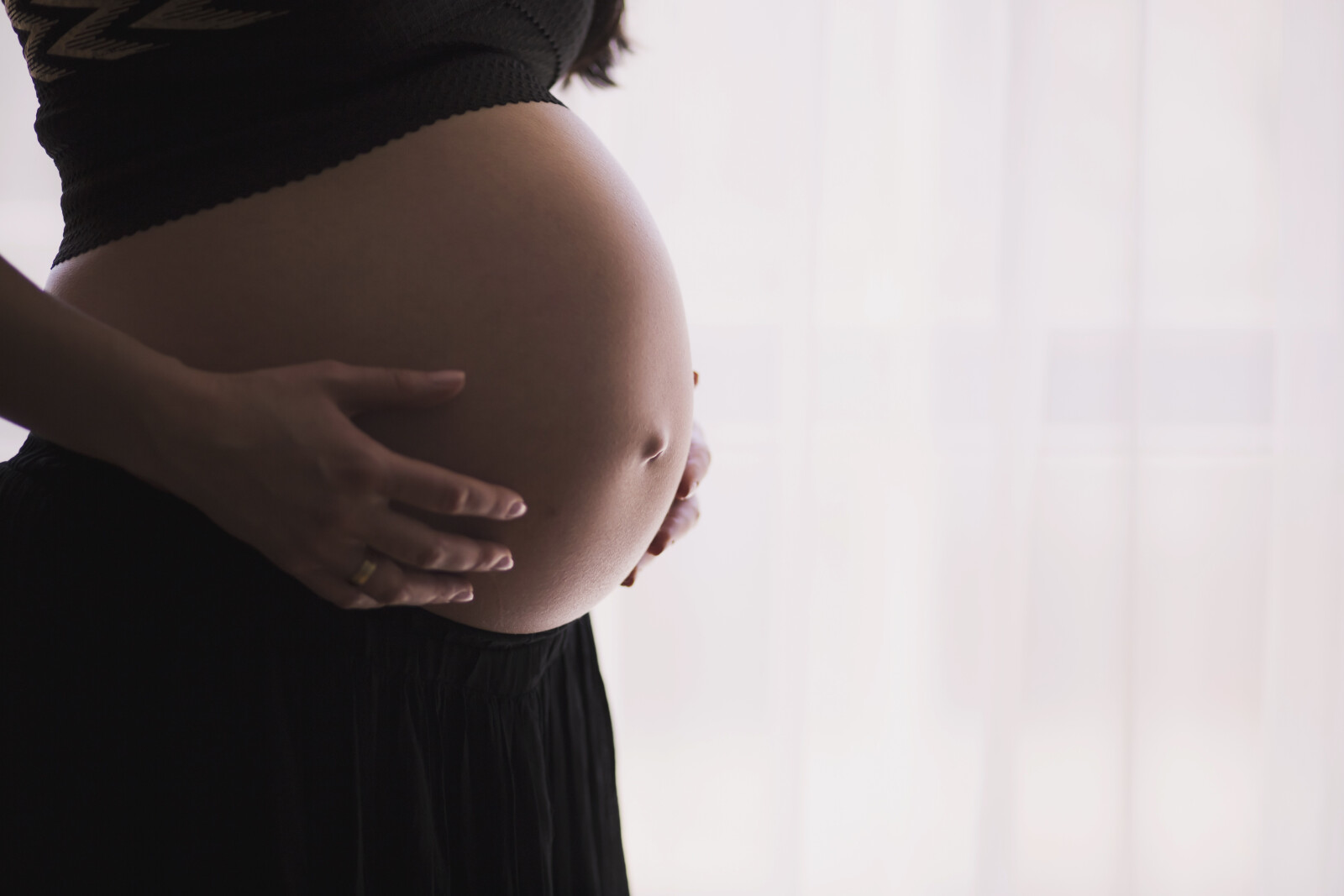3 Injuries Caused by Slip and Falls While Pregnant: Do You Deserve a Settlement?
The occurrence of slip and fall accidents during pregnancy can result in grave circumstances, potentially harming both mother and offspring. These incidents may impose significant physiological and psychological trauma, while also raising complex legal considerations.

This article explores three major injuries related to such falls, scrutinizes legal implications, and delineates potential paths towards compensation.
Furthermore, it underscores the importance of immediate medical attention and the role of property owners in preventing these accidents.
Key Takeaways
- Slip and falls during pregnancy can result in a range of injuries, including fractures, sprains, contusions, head injuries, and back injuries.
- Property owners have a legal duty to maintain safe premises and prevent slip and fall accidents.
- Immediate medical attention should be sought after a fall during pregnancy, as it can pose risks to both the mother and the developing baby.
- Injuries sustained from slip and falls during pregnancy can potentially lead to premature birth and other complications, which may require extensive medical care and hospitalization for the baby.
Understanding the Impact of Slip and Fall Injuries During Pregnancy
The impact of slip and fall injuries during pregnancy can be profound, potentially leading to various maternal complications and risks to the developing fetus, which in some instances may warrant legal consideration for settlement. These accidents may result in a range of risks and complications, including, but not limited to, pre-term labor, placental abruption, and even miscarriage.
Immediate medical attention after a fall is of paramount importance, as it can significantly mitigate potential harm to both the mother and the fetus. Such medical intervention also serves as a crucial piece of evidence in any subsequent legal proceedings, establishing a clear link between the incident and any ensuing complications.
Therefore, understanding the potential perils of slip and fall accidents during pregnancy is crucial, not just from a medical standpoint, but also in terms of legal redress.
Case Assessment: Slip and Fall Injuries and Legal Implications
Case assessment involves a thorough examination of the circumstances surrounding a fall, including the condition of the premises and the extent of the injuries sustained. This process is critical in assessing liability and determining if the property owner's negligence contributed to the accident.
Gathering evidence, such as medical records, witness testimony, and surveillance footage, is essential in substantiating the claim. A detailed case assessment can provide a comprehensive understanding of the incident, aiding in the pursuit of a successful settlement.
The assessment can also illuminate the extent of the physical and emotional distress experienced, supporting claims for pain and suffering damages. Therefore, it is instrumental in obtaining just compensation for the hardships encountered due to the slip and fall accident.
Building a Strong Slip and Fall Injury Claim: Compensation Considerations
Building a robust claim for a slip and fall accident requires careful consideration of various compensation factors. This includes medical costs, lost wages, and non-economic damages such as pain and suffering. Comprehension of the legal requirements for establishing liability is also crucial.
Evidence of negligence, such as the property owner's failure to maintain a safe environment, can substantiate the claim. Medical records documenting the injuries and their impact on the victim's life are compelling pieces of evidence. It is vital to quantify non-economic damages, which might include mental anguish or decreased quality of life.
A comprehensive understanding of these compensation factors and legal requirements will significantly enhance the strength of a slip and fall accident claim.
Frequently Asked Questions
What Are Some Measures Pregnant Women Can Take to Prevent Slip and Fall Accidents?
Preventive measures against slip and fall accidents during pregnancy involve careful selection of pregnancy footwear and enhancing household safety.
Appropriate footwear, characterized by non-slip soles and supportive structure, can effectively reduce the risk of falls.
Simultaneously, household safety can be improved by removing clutter, installing non-slip mats, and ensuring adequate lighting.
Such precautions are crucial in maintaining the physical wellbeing of both the mother and the unborn child.
How Does the Law Define 'Negligence' in the Context of Premises Liability Cases?
In premises liability cases, 'negligence' refers to the failure of property owners to exercise reasonable care in maintaining safe conditions.
Negligence determination involves proving that the owner knew, or should have known, about the dangerous condition that led to injury.
Thus, premises liability insights reveal that the owner's neglect in rectifying the hazardous condition, resulting in a slip and fall accident, may constitute legal grounds for a potential settlement.
How Can a Personal Injury Attorney Assist in a Slip and Fall Injury Claim?
A personal injury attorney can substantially assist in a slip and fall injury claim by navigating the complexities of the case. The attorney selection process involves choosing a legal expert with relevant experience in premises liability cases.
Such an attorney can devise effective insurance negotiation strategies to maximize potential compensation. The attorney's role extends to collecting evidence, demonstrating negligence, estimating damages accurately, and advocating for the victim's rights in settlement discussions or court proceedings.
Can Mental Health Treatment for Emotional Distress Caused by the Accident Be Included in the Compensation Claim?
Indeed, emotional trauma impact is an integral part of personal injury claims as it significantly affects the victim's life. The cost of psychological recovery, including therapy and medication, can be included in the compensation claim.
This acknowledges the profound impact of the incident on the victim's mental health, underlining the comprehensive approach to justice and recovery in personal injury law.
Therefore, mental health treatment for emotional distress caused by the accident is a valid component of the claim.
Are There Any Specific Laws or Regulations Protecting Pregnant Women From Slip and Fall Accidents at Workplaces?
Under the Pregnancy Discrimination Act, employers are required to treat pregnant workers in the same manner as other employees with temporary disabilities. This includes providing reasonable accommodations, such as preventing slip and fall hazards.
Additionally, Maternity Safety Regulations may apply, ensuring safe and suitable working conditions for pregnant women. However, the applicability of specific laws or regulations would depend on the nature of the workplace and the circumstances surrounding the slip and fall accident.

This post has been generated by AI and was not reviewed by editors. This is Not legal advice. Please consult with an attorney.




